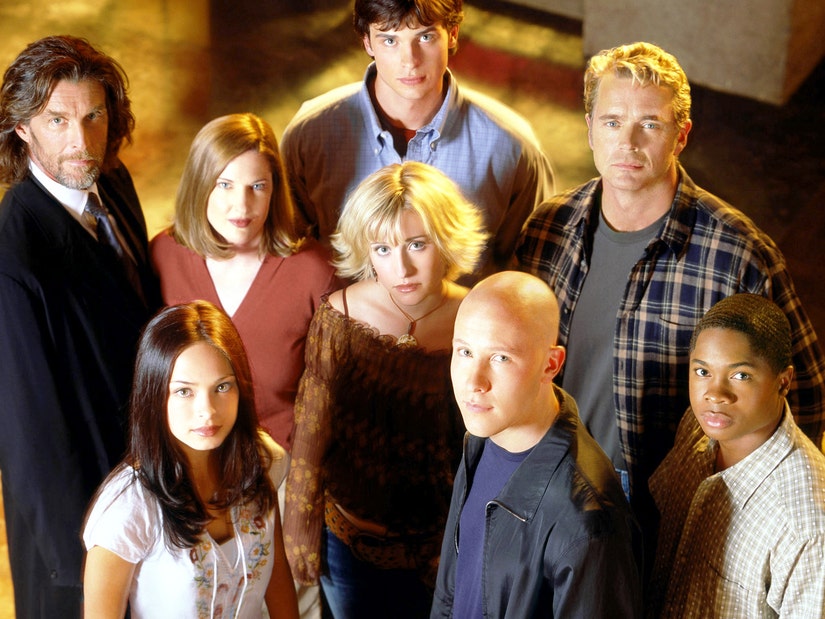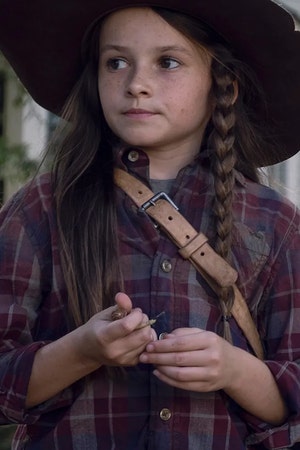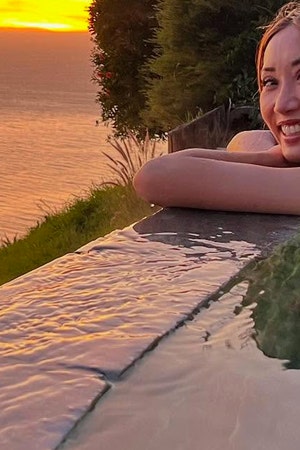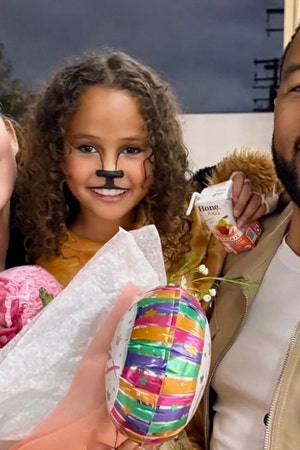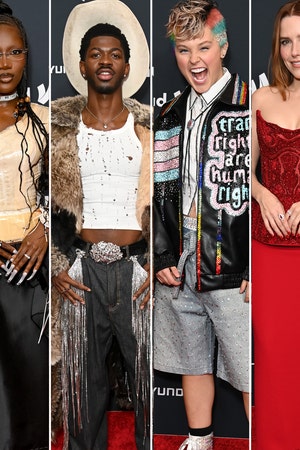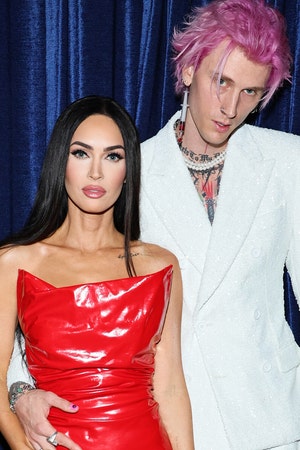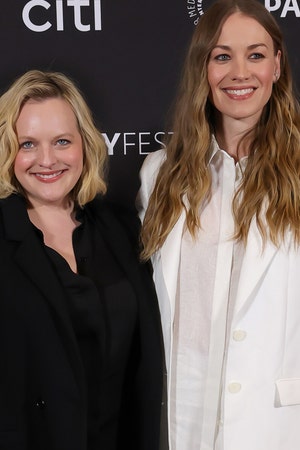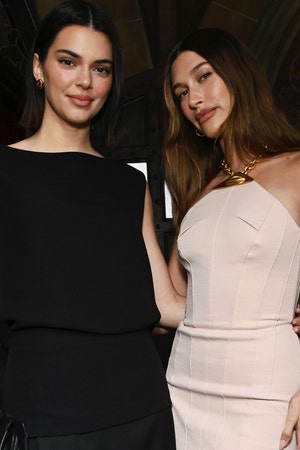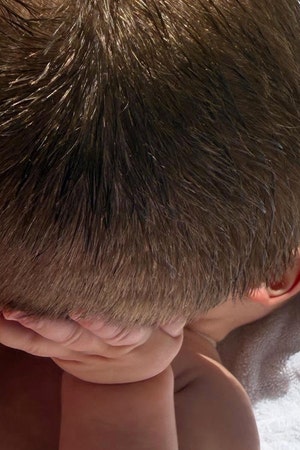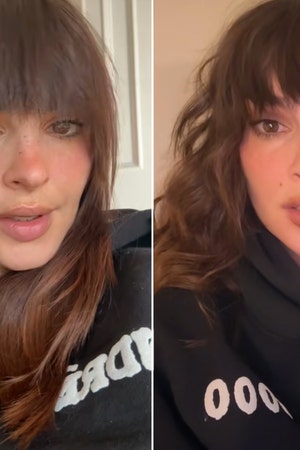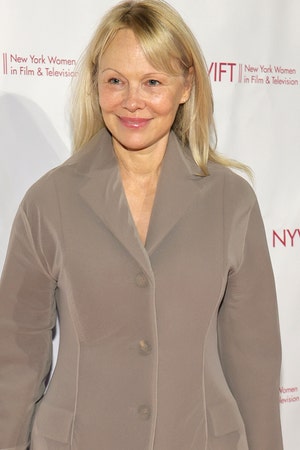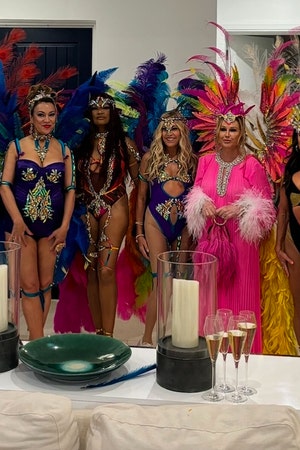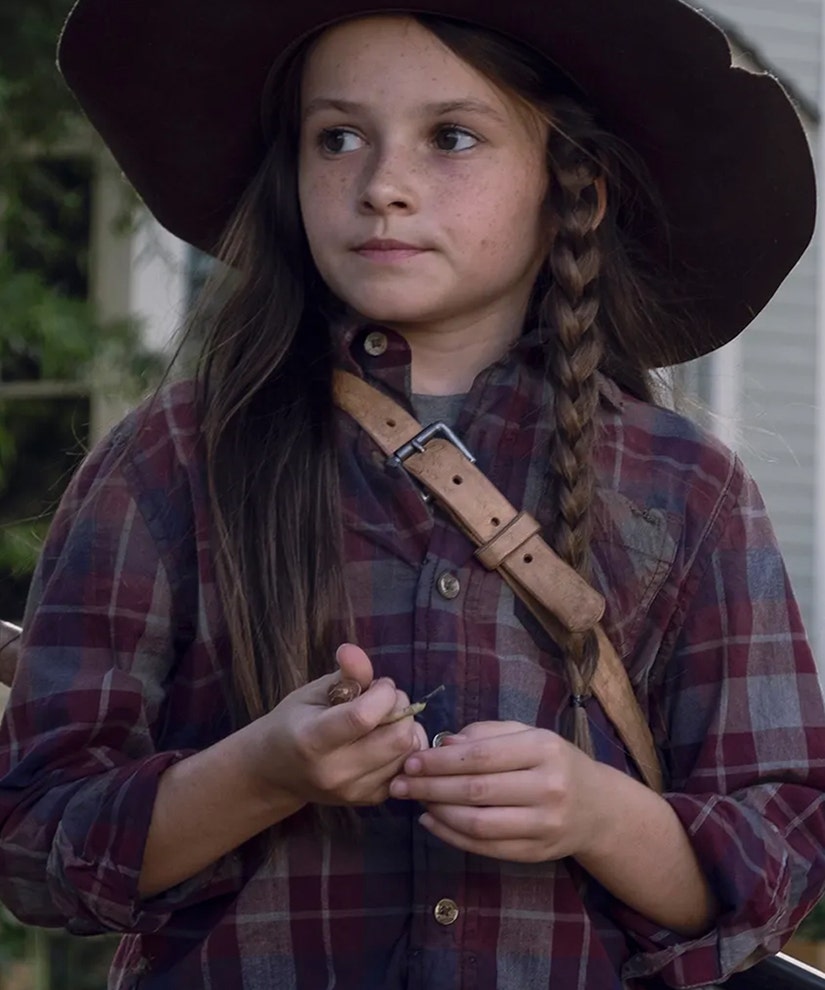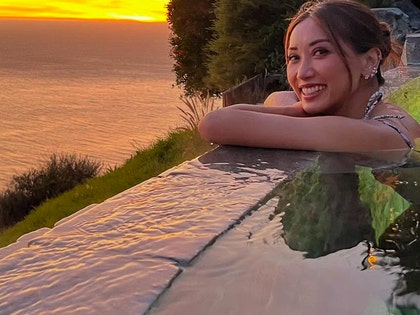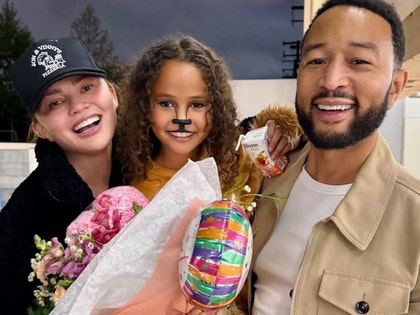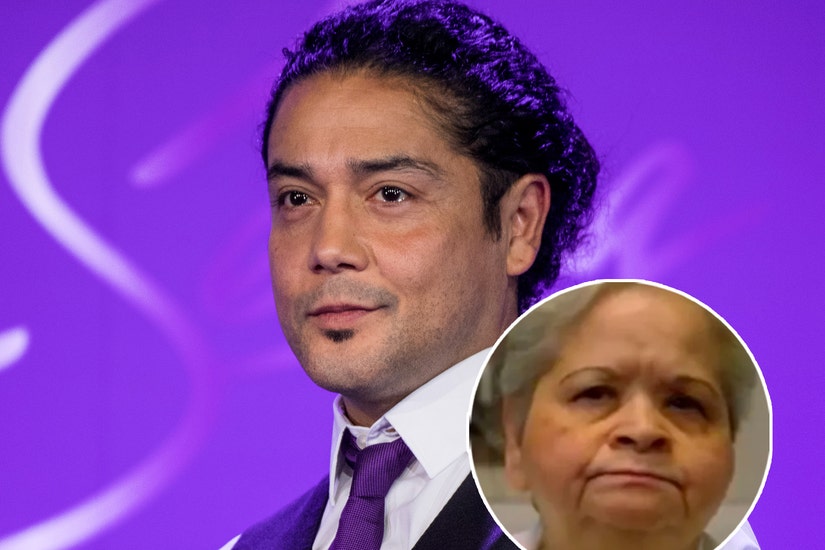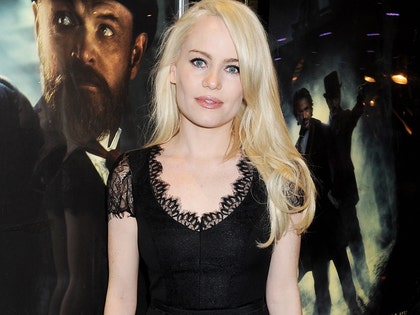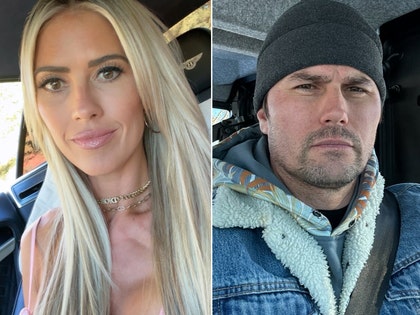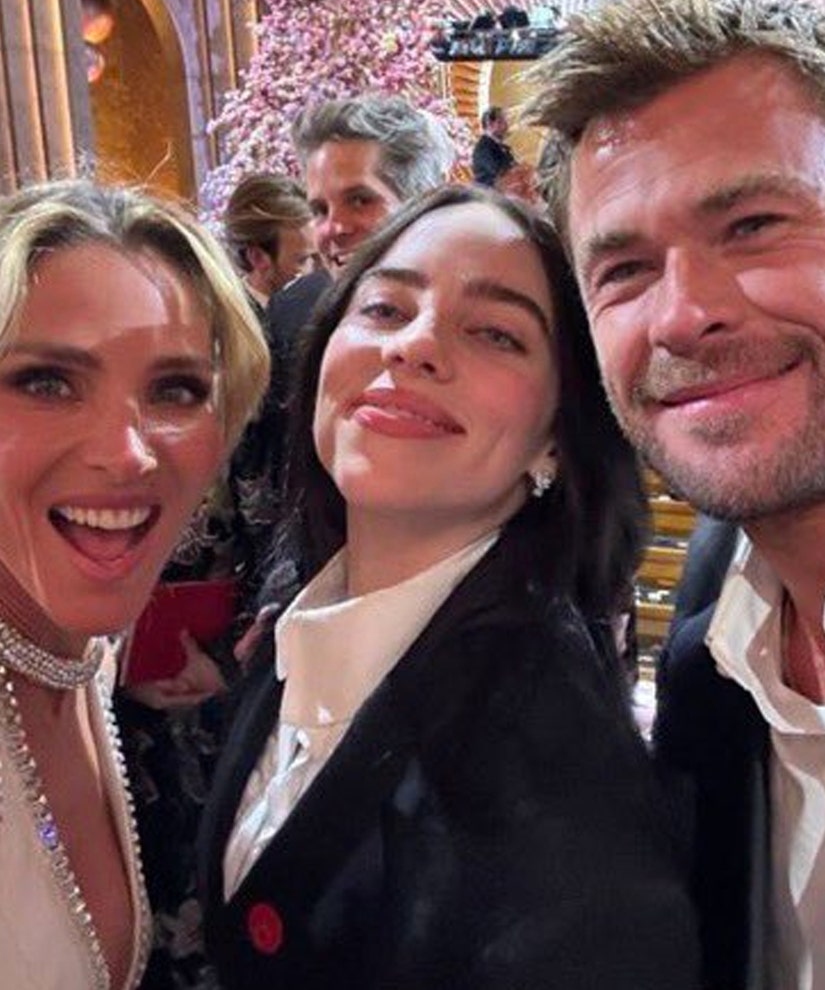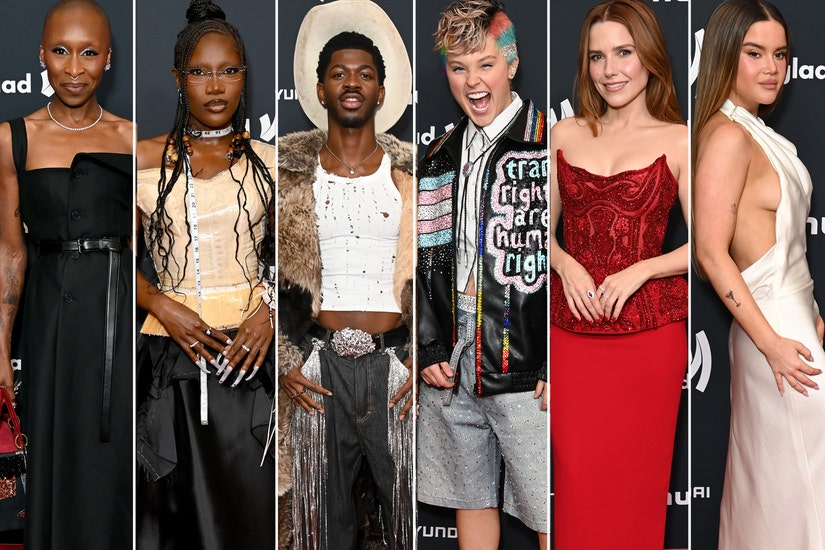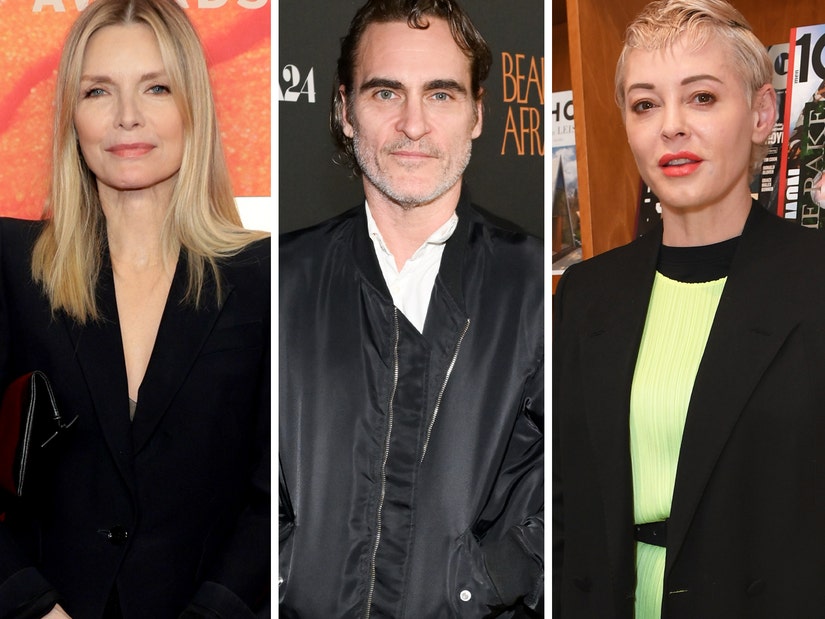 Getty
Getty
From Michelle Pfeiffer to Rose McGowan to Joaquin Phoenix these celebs open up about their experiences
Public fascination with fringe spiritual groups has only increased in the last few years as celebrity, crime, and a cultural conversation about psychological manipulation have collided thanks to sensational court cases such as the one involving NXIVM.
Podcasts and documentaries about these groups, which some have branded as cults, have become ubiquitous.
The intersection of celebrity and non-mainstream religious groups have long been been widely covered by news outlets, television programs, and books. But the interest in content exploring these organizations, the power dynamics, and the stories from former members has only skyrocketed.
As time goes on it becomes clear that many of these organizations hold appeal to both the famous and non-famous, the wealthy and non-wealthy, the powerful and the vulnerable.
With this ongoing cultural conversation about alternative spiritual groups, many celebrities have come forward with their experiences (both pre and post fame). It should be noted not all of these groups have been accused of being destructive, although some former members may paint their experiences within them as damaging ... or at the very least not something they wanted to continue being a part of.
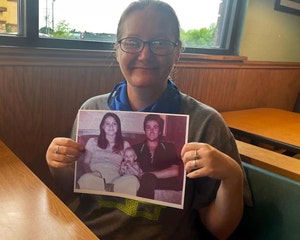 Facebook
Facebook
Baby Who Vanished When Parents Were Murdered in 1981 is Found ALIVE
View Story1. Bethany Joy Lenz
Bethany Joy Lenz spent a decade of her life in what she describes as a cult, but she hasn't given many details about the experience. She says that she's considered writing a book because "there's a lot to tell" but isn’t sure if she can legally do so.
"I was in a cult for 10 years. That would be a really valuable experience to write about, and the recovery -- you know, 10 years of recovery after that," she said on her Drama Queens podcast. "I don't know how much I can say because there are still people and legal things in place that make it more complicated for the timing of that."
Growing up, Joaquin and his siblings -- River, Rain, Liberty and Summer -- were connected with a religious movement, The Children of God. Looking back, Joaquin says he believes his parents were innocently looking for a religious community and not trying to join a controlling group. They ultimately decided to walk away when Joaquin was just four years old.
"My parents had a religious experience and felt strongly about it. They wanted to share that with other people who wanted to talk about their experience with religion. These friends were like, 'Oh, we believe in Jesus as well,'" he told Playboy. "I think my parents thought they'd found a community that shared their ideals. Cults rarely advertise themselves as such. It's usually someone saying, 'We're like-minded people. This is a community,' but I think the moment my parents realized there was something more to it, they got out."
He continued, "As I understand it, you're on the outside of that group until you're accepted. I don’t think we ever got to that point, because frankly, as it got closer, I think my parents went, 'Wait a minute. This is more than a religious community. There's something else going on here, and this doesn’t seem right,' so they left very early on."
The group has since faced accusations of sexual misconduct, including child molestation.
I remember watching how the men were with the women, and at a very early age I decided I did not want to be like those women. They were basically there to serve the men sexually.
When Glenn Close was just a child, her family relocated to Switzerland in order to join the spiritual movement, Moral Re-Armament. The group was founded back in the 1930s by a reverend who believed the world could avoid war if there was a moral and spiritual awakening among the population. It required members to live by the principles of “honesty, purity, unselfishness and love" -- but some former members say it completely controlled their lives.
"You basically weren't allowed to do anything, or you were made to feel guilty about any unnatural desire," she told The Hollywood Reporter. "If you talk to anybody who was in a group that basically dictates how you're supposed to live and what you're supposed to say and how you're supposed to feel, from the time you're 7 till the time you’re 22, it has a profound impact on you. It's something you have to [consciously overcome] because all of your trigger points are."
Glenn left the group when she was in her early 20s studying at college.
 YouTube/HBO
YouTube/HBO
Why India Oxenberg Wanted to Directly Address Keith Raniere In Court
View StoryWhen Michelle Pfeiffer first moved to Los Angeles as a young adult, she joined a group led by a couple who promoted breatharianism. The leaders of the community believed that food was unnecessary and that sunlight and air could provide all the nourishment the body needs.
"They worked with weights and put people on diets. Their thing was vegetarianism," she told the Telegraph. "They were very controlling. I wasn't living with them but I was there a lot and they were always telling me I needed to come more. I had to pay for all the time I was there, so it was financially very draining."
It wasn't until Michelle met her first husband, Peter Horton, that she realized this wasn't for her. While Peter was doing research for a film about another group, she saw similarities with the community she was involved with -- and quickly left.
Rose McGowan and her family were members of The Children of God for the first nine years of her life. The family lived in the Italian countryside and looking back, Rose says things were "really idyllic" at first. But as time went on, they had "no contact with the outside world" and became more aware of how women were treated by the men in the community.
"I remember watching how the men were with the women, and at a very early age I decided I did not want to be like those women. They were basically there to serve the men sexually," she claimed to People, adding that her father began to worry that Rose might be molested. "My dad was strong enough to realize that this hippie love had gone south."
Leaving the community was not easy and Rose says she remembers running through a cornfield in the middle of the night with her father and siblings. She claims members of the group followed the family and later tried to break into their home with a hammer. Thankfully, they were able to get away.
As children, David and Patricia Arquette grew up on a Subud commune in Virginia. The spiritual organization had begun in Indonesia in the 1920s but the sibling's parents started the commune stateside with friends in the hopes of building a "utopian society." The group had no access to running water, bathrooms or electricity -- and soon, people’s true colors began to show through.
"My dad said, you bring the seeds of society with you. So, you think this is all a great concept, but then suddenly you realize, 'Oh, that dude has a real anger management problem,' and 'This person's an alcoholic'...and 'This person's greedy' and 'What are we doing here?'" she said on WTF with Marc Maron.
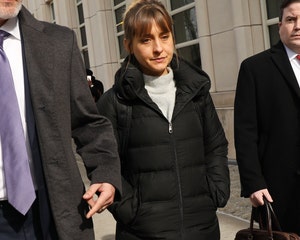 Getty
Getty
Allison Mack Released from Prison Early In NXIVM Sex Cult Case
View StoryIn 1998, NXIVM was founded by Keith Raniere, under the guise of being a self-help group. When “Smallville” actress Allison Mack joined the organization, she quickly became one of its most prominent members. But as she rose up the ranks, it became clear that the group had dark intentions, with some categorizing it as a sex cult.
When whistleblowers came forward about the group’s true intentions years later, it was revealed that many women had been subjected to psychological and sexual abuse. The secret society consisted of “masters” and sexually subservient “slaves” -- with some even being branded with Keith’s initials.
Amid a federal investigation, Allison was accused of recruiting women into Nxivm subgroup, DOS, which was said to be a female mentorship program but allegedly took advantage of them sexually. She was eventually charged with sex trafficking, sex trafficking conspiracy, and forced labor conspiracy.
8. Angel Haze
Angel Haze grew up in a Pentecostal Greater Apostolic Faith commune, a religious organization that some have called a cult. Looking back, Angel says she wasn’t allowed to associate with anyone outside of their group and didn’t even listen to music until she was 16.
“We all lived in the same community, within 10 minutes of each other. You weren't allowed to talk to anyone outside of that. You weren't allowed to wear [jewelry], listen to music, to eat certain things, to date people. You weren't allowed to do pretty much anything. Church was on Sundays, Wednesdays, and Fridays. When they did revivals, it was every day. I used to just crawl under the bench and try to sleep,” she told The Guardian.
When Toni Braxton was a child, her family joined Pillar of Truth, a Pentecostal Apostolic congregation. The strict rules of the religious organization mandated women to completely cover their bodies and banned members from activities like roller-skating, listening to music and going to the movies. She was ostracized from other children her age and was expected to be prepared for the rapture at any moment.
"I began connecting religion, God and church with judgment, anxiety and guilt," Toni wrote in her memoir, later adding, "The ties that bound us together became the ties that strangled us. Our family had fallen into religious extremism."
Toni was finally able to walk away from the group as a young adult once she began pursuing her solo music career.
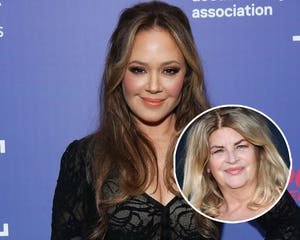 Getty
Getty

